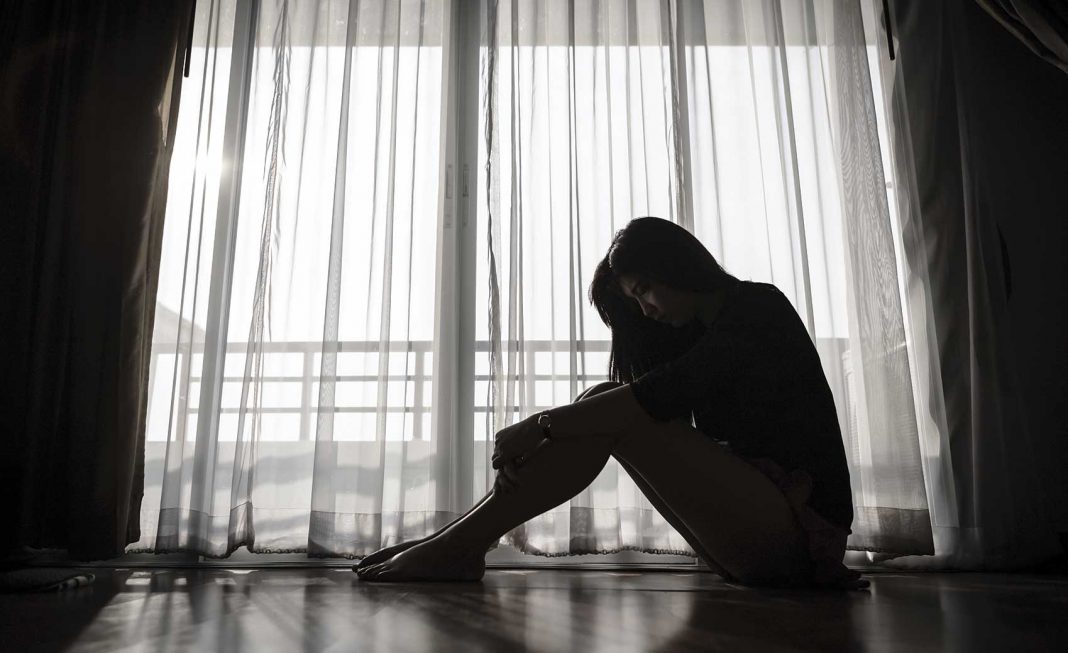MHC secures funding for crisis intervention social worker across both sites
MANITOULIN – A mental health and justice safe bed program is coming to Manitoulin Health Centre (MHC) this spring and the hospital is actively recruiting a social worker to support individuals in crisis, a service that experts say will have profound impacts on the Island community.
“I think (the safe bed) is going to give some real opportunities for individuals currently experiencing mental health and addictions crises to get familiar with support services,” said Melanie Stephens, manager of clinical innovation and partnerships at MHC.
Safe bed programs are voluntary places for people who are in crisis and may be at risk of coming into conflict with the law. Clients work with a social worker for intensive crisis management to help them toward recovery.
MHC received funding from Ontario Health and the Northeastern Ontario LHIN last July to hire a full-time social worker for this program. It was the provider of choice in the area because it could make its services available 24/7.
“MHC has been identified, with the patients coming through emerg and with police volumes, as in need of a safe bed. Ontario Health has asked us to submit an implementation plan,” said MHC VP of clinical services and chief nursing officer Paula Fields at a recent hospital board meeting.
Those negotiations have resulted in a hybrid model that will stretch across both the Little Current and Mindemoya hospital sites. The safe bed program will not involve a physical bed, but rather a ‘floating bed’ across the two sites that can be temporarily set aside for these services as required. There is also the possibility of aiding more than one client at a time, she said, depending on the workload demands for the social worker.
The Island program is dedicated to mental health and justice clients aged 16 and older, as opposed to many existing safe beds in the province that cater to referrals from groups ranging from child welfare to social services agencies.
The patients that will use the MHC service will have to be referred by either police through the Health Sciences North-run mobile crisis intervention team that services Manitoulin. Ms. Stephens said the program will ensure all third-party referrals take into account cultural needs at the client’s request.
“This is very much going to need to be a collaborative approach because with only one (social worker), there’s only so far you can go,” she said.
In early 2019, Ontario Health identified MHC as one of three smaller hospitals in the northeast that had high rates of mental health patients arrive through police services. This led to the mobile crisis team’s deployment on the Island to help offer community-based crisis interventions at the patient’s home, rather than them having to go to the emergency room unless required.
The program will not accept violent offenders. Clients generally stay until they feel stabilized, up to a maximum of 30 days depending on their needs, and will have constant access to care providers. A patient is not required to use the service if they get a referral.
After an individual checks into the safe bed, care staff will work with the patient to help address concerns like mental health problems, addictions, legal support, finding education opportunities and housing, to build resilience and avoid future incidents.
One key element is that the safe bed offers links to alcohol and opioid agonist therapy, a requirement from Ontario Health.
Ms. Stephens said the safe bed offers a productive alternative to incarceration, which may sometimes seem like the only option when someone does not have a safe place to recover.
“If the only opportunity is to take someone away and incarcerate them, and if the police don’t feel that’s a good fit, we’re not doing them a service because the problems are still going to be there when they get out. This is allowing us to be in front of the problem and make sure we have resources for individuals that they may not have had available before,” Ms. Stephens said.
Having a safe bed at the hospital in partnership with Island law enforcement is expected to have positive impacts for programs such as the social navigator at UCCM Anishnaabe Police Service, which supports at-risk or repeat offenders to connect with supportive services rather than coming in conflict with the law.
Although programs similar to this one have been available through Health Sciences North in Sudbury, there has often been a wait list and the barrier of travel before patients could access the services. In addition, those clinicians were likely not as knowledgeable about on-Island care options as someone based locally, a key piece in referrals for further support.
Ms. Stephens stressed that the program will only function through deep collaboration between health care and law enforcement agencies on Manitoulin, and that the providers will need to complete a lot of hard work to foster a solid trust and co-operative relationship.



